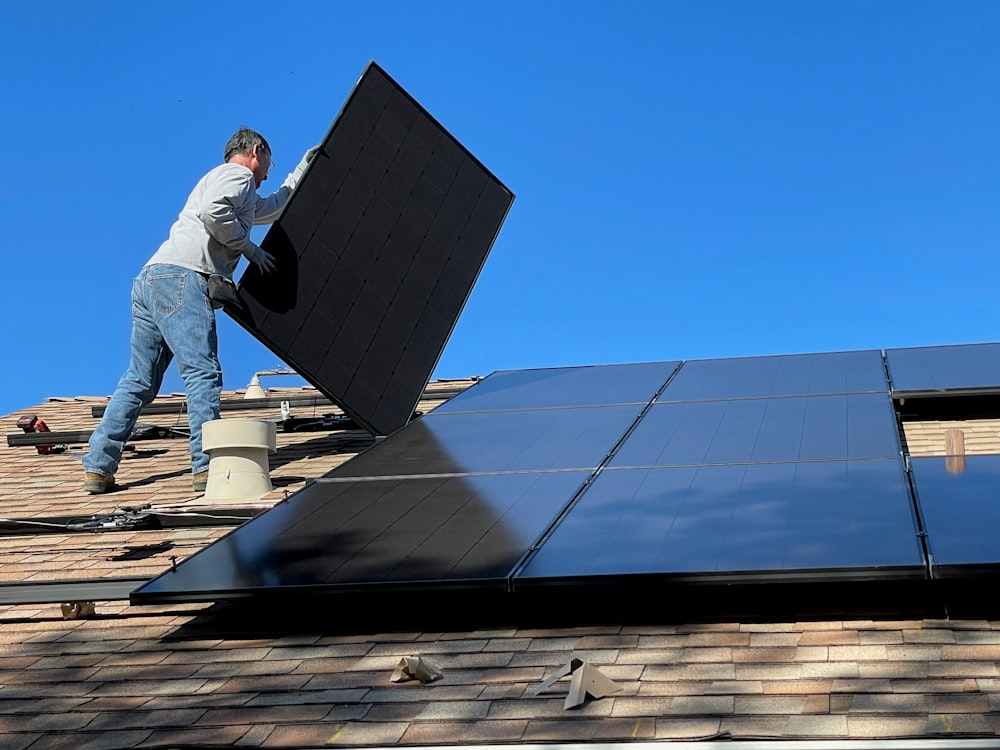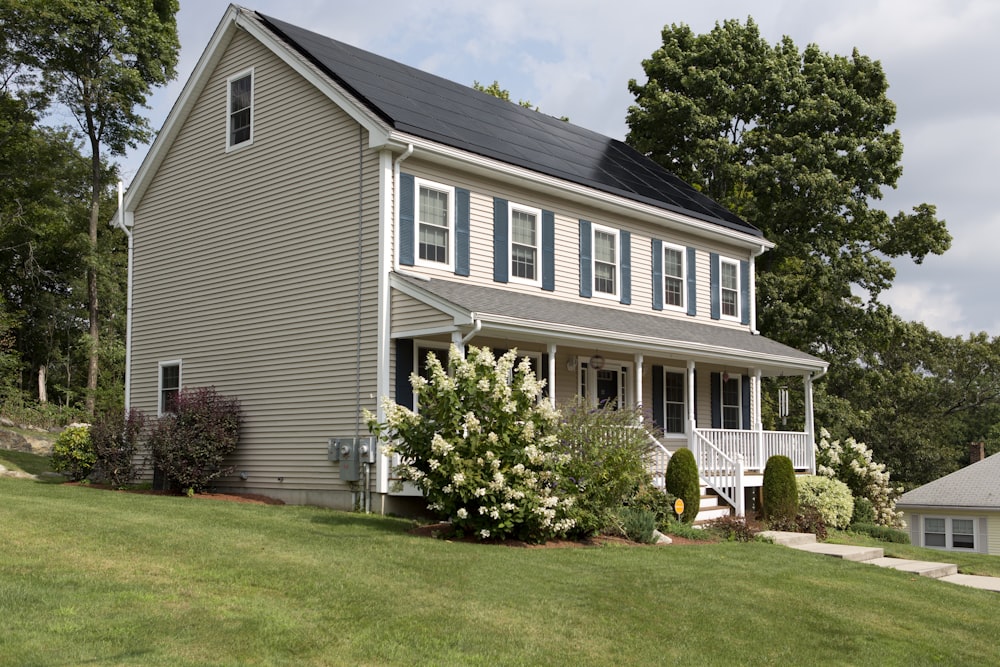Harnessing the sun’s power through solar panels is an environmentally and financially savvy choice. Solar panels are growing in popularity because of the many benefits they provide. In this guide, we will consider factors such as installation costs, government incentives, installation costs, and long-term advantages when describing the savings potential of solar panels.
Installation Costs and Ways to Save
The cost of the best commercial solar installation varies depending on your location and the size of the system. The average solar power system may cost anywhere from $10,000 to $25,000, but upfront costs can be partially offset by the lifetime savings these panels provide.
Residential and commercial solar panels capture the sun’s energy, generating electricity that is used to power buildings. With the right solar power system, users can reduce or eliminate their power bills. Monthly savings add up, helping these systems pay for themselves over time.
Tax Credits and Government Incentives Boost Savings
To encourage more property owners to use solar power, many governments offer tax credits and financial incentives. For instance, the Investment Tax Credit or ITC allows owners to deduct part of the cost of their solar power system from their federal taxes.
In some areas, additional rebates and performance-based incentives are available. These programs significantly reduce upfront costs, making solar power more affordable and accessible. Before committing, research the availability of incentives in your area.
Lower Utility Bills and Energy Independence
Solar panels offer upfront savings and a path to energy independence. By generating power, you’ll become less reliant on utility companies and their fluctuating prices. Solar power is particularly advantageous when energy becomes more expensive due to increased demand or fuel shortages.
Furthermore, surplus energy generated by solar power systems can be held or put back into the power grid, depending on your utility company and location. This brings additional savings and income if the system generates more power than you consume.

Long-Term Savings and Low Maintenance
One of the most substantial benefits of solar power installation is the savings potential it provides. While it may take a few years to recoup the initial investment, solar panels may last upwards of 20 years. Once the system is paid off, you’ll enjoy steady power at little to no cost. Solar panels need almost no maintenance, which further reduces long-term costs. Occasional cleaning and inspection are all that’s needed to keep these systems running efficiently.
Environmental Benefits Now and In the Future
Along with monetary savings, solar power systems offer significant environmental benefits. By cutting users’ reliance on fossil fuels, these systems contribute to a sustainable, clean planet. Solar energy decreases carbon emissions, which fights climate change and improves air quality. Solar panel installation is a financially and environmentally responsible choice that benefits current and future generations.
Save Money and Save the Planet With Solar Energy
Solar panels are a sound investment that brings short- and long-term savings. While the upfront cost may seem significant, the combination of lower utility bills, government incentives, and future savings make solar power a good choice. Along with the financial benefits, solar panels offer energy independence, reduce carbon emissions, and contribute to sustainability initiatives. If you’re considering switching to solar power, the savings for the environment and your wallet make the decision worthwhile.


















